Back
Account Deleted
Hey I am on Medial • 1y
In 2018, PUBG and Fortnite went to war. PUBG sued Fortnite for stealing their game. Today, Fortnite is worth $31.5B and PUBG lost the lawsuit. The reason? They forgot the most important rule in business. Here's the full story of gaming's greatest rivalry: 2017: Gaming was about to change forever. PUBG had just revolutionized gaming with its battle royale format. 100 players. One map. Last person standing wins. By December, they hit 20 million players. The future looked bright. Then something unexpected happened... Epic Games, the company behind PUBG's game engine (Unreal Engine), launched their own battle royale game: Fortnite. PUBG was furious. Not only was Epic their tech partner... They had seemingly copied PUBG's entire concept. The response would shock the industry: In May 2018, PUBG Corporation filed a lawsuit against Epic Games in South Korea. The claim? Fortnite copied PUBG's: • User interface • Weapon designs • Core gameplay mechanics But there was a problem with PUBG's strategy...You can't copyright a genre. This had been established in the landmark Asteroids/Meteors case: Atari sued Amusement World for copying Asteroids with their game Meteors. The court ruled: Game mechanics can't be copyrighted if the new game adds transformative elements. And Fortnite was about to transform everything: While PUBG focused on realism and tactical gameplay, Fortnite took a different approach: They made the game cartoonish, accessible, and added one game-changing mechanic: Building. Players could instantly create walls, ramps, and fortresses during combat. But the real masterstroke was yet to come: Fortnite went free-to-play. PUBG, still a paid game, watched as Fortnite's player base exploded. The barrier to entry was gone. Anyone could try it. But Epic wasn't done innovating. They had an even bigger vision:They turned Fortnite into more than just a game. It became a platform for virtual events. The pinnacle? "Remix: The Finale" - a virtual concert that drew: • 14.3 million concurrent players • 3 million additional livestream viewers • Global music icons like Eminem and Snoop DoggThese weren't just concerts. Players entered unique "dreamscapes" tailored to each artist. During Juice WRLD's performance, players transformed into crystal butterflies. Gaming wasn't just about competition anymore. It was about shared experiences. Meanwhile, PUBG stuck to its guns. They doubled down on realism: • Larger maps like Miramar and Erangel at 8x8km • Complex weapon mechanics with varying recoil patterns • Tactical gameplay requiring patience and precision But while PUBG was perfecting combat, Fortnite was reinventing entertainment:Fortnite evolved into a virtual world platform featuring: • Virtual concerts • Brand collaborations • Live events • Digital experiences The game wasn't just about winning anymore. It was about being part of a cultural phenomenon.The lawsuit? PUBG quietly dropped it. They realized something profound: Fortnite hadn't just copied their game. They'd transcended it. They'd created an entirely new category of entertainment. Today, both games still thrive, but in different ways: PUBG: The tactical shooter for purists Fortnite: A cultural platform that happens to be a game The battle royale war taught us something crucial: The future of attention isn't just about the best product. It's about creating shared experiences and cultural moments. That's what allowed Fortnite to take the lead in today's attention economy. Which is why I love this story so much:Just like Fortnite built connections with their players, an authentic personal brand will do the same for you... When you create content regularly, you build trust at scale. You create once. But your content is seen by millions. Your reputation is built on autopilot & you build unprecedented trust at scale. It's the secret to sales, investment, and top talent on autopilot.
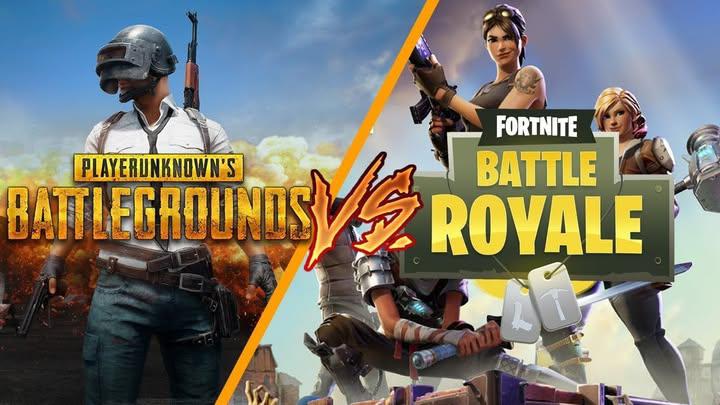
Replies (14)
More like this
Recommendations from Medial
Biki jain
Do something today • 11m
Is anyone interested in the gaming industry? I am developing an arena game inspired by PUBG Arena (TDM). Most of the features will be similar to PUBG, and our game is also being developed on Unreal Engine. If anyone is interested in a partnership, f
See MorePercy Rempel
Hey I am on Medial • 6m
If you’re passionate about simulation games that allow you to shape your virtual life, then you might already know about BitLife, a popular life simulation game that combines elements of strategy, humor, and management. In BitLife, players make choic
See More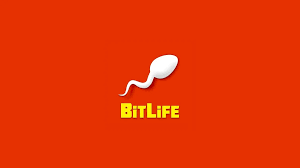
Earning Modders
Hey I am on Medial • 1y
i have an idea about building a game. the game is already existing but i want to take it on a next level. the game i am takking about is takken series from namco. this game is basically based on fighting, boxing, and combats most of us played this ga
See MoreDownload the medial app to read full posts, comements and news.








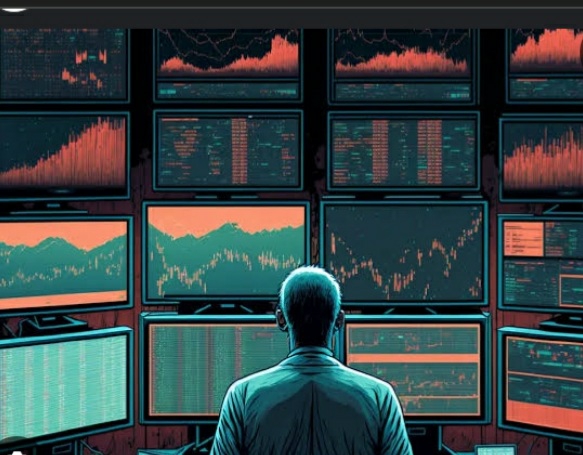

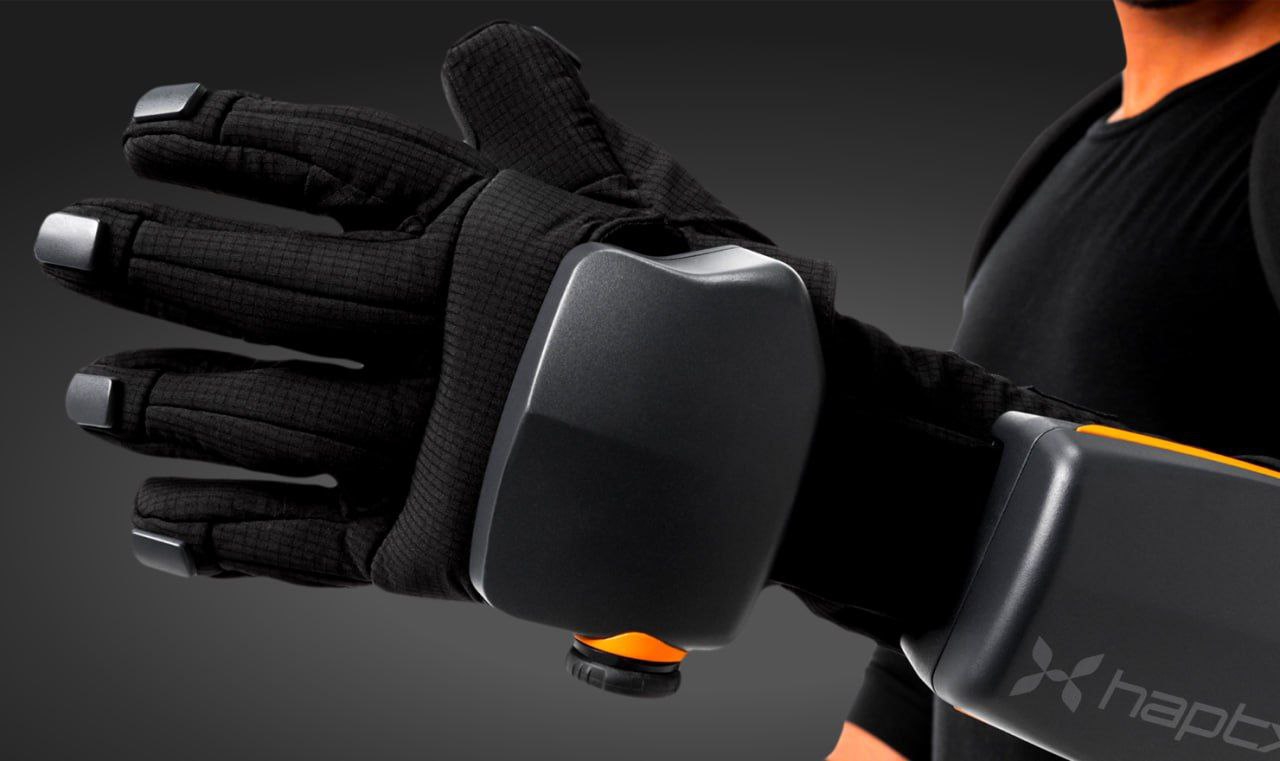
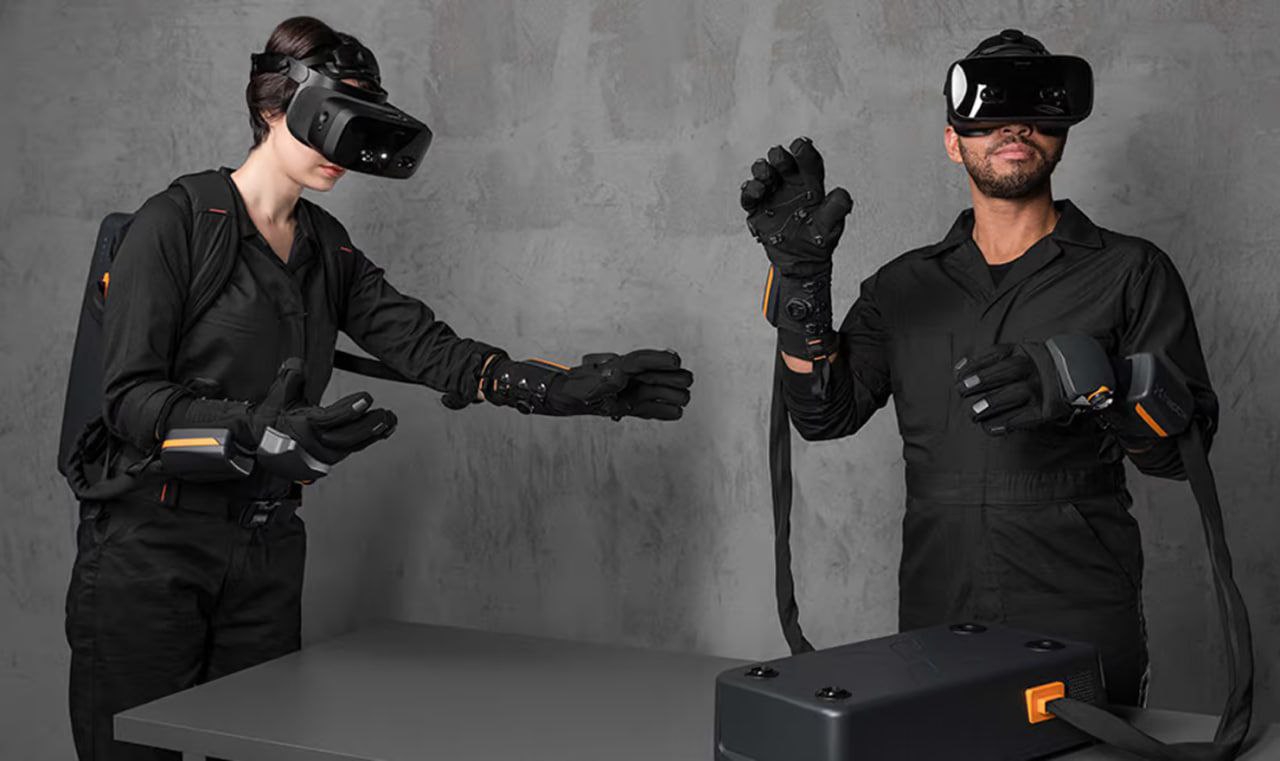


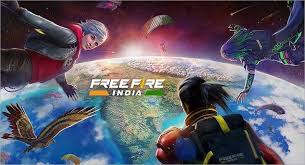


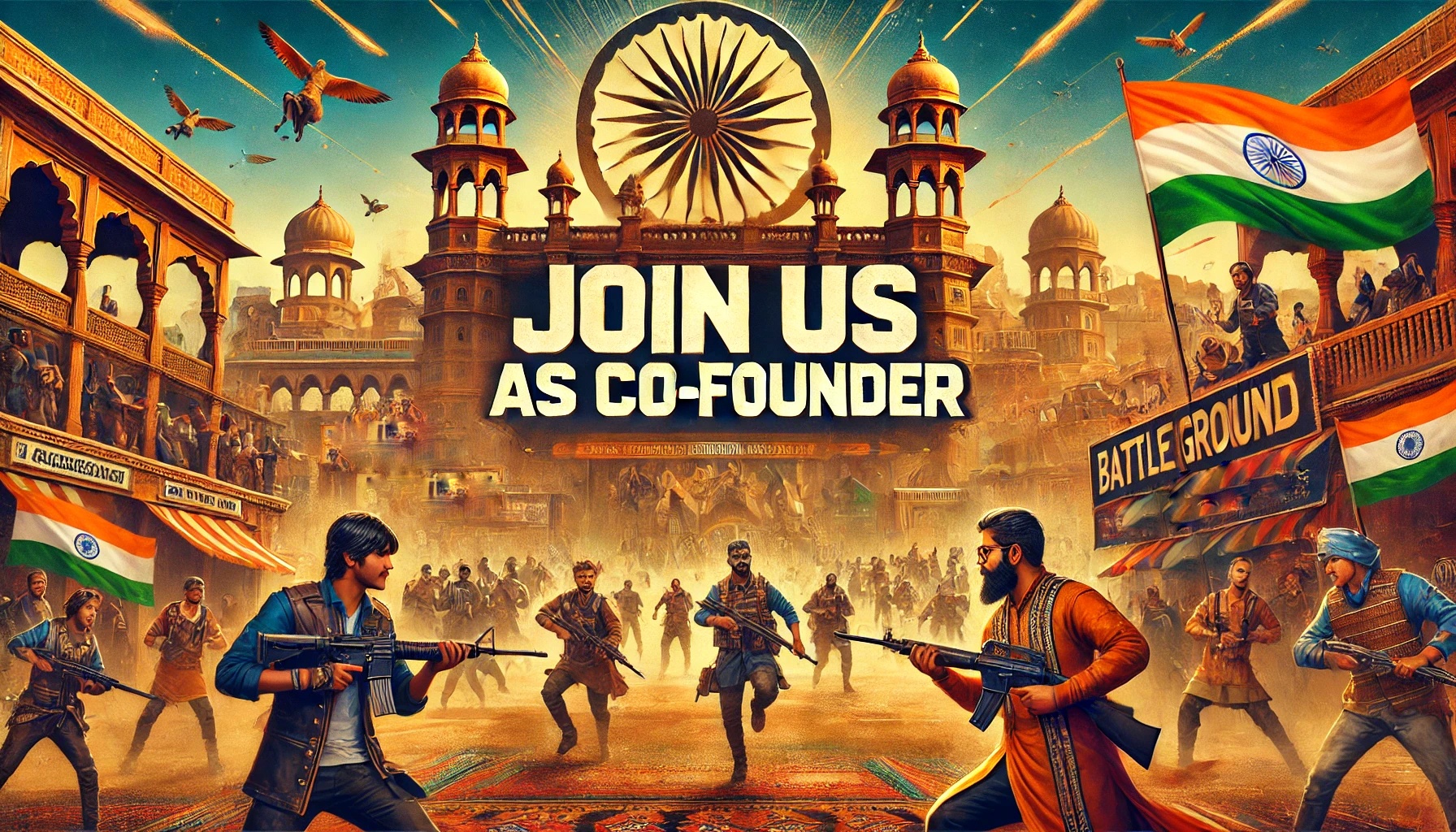
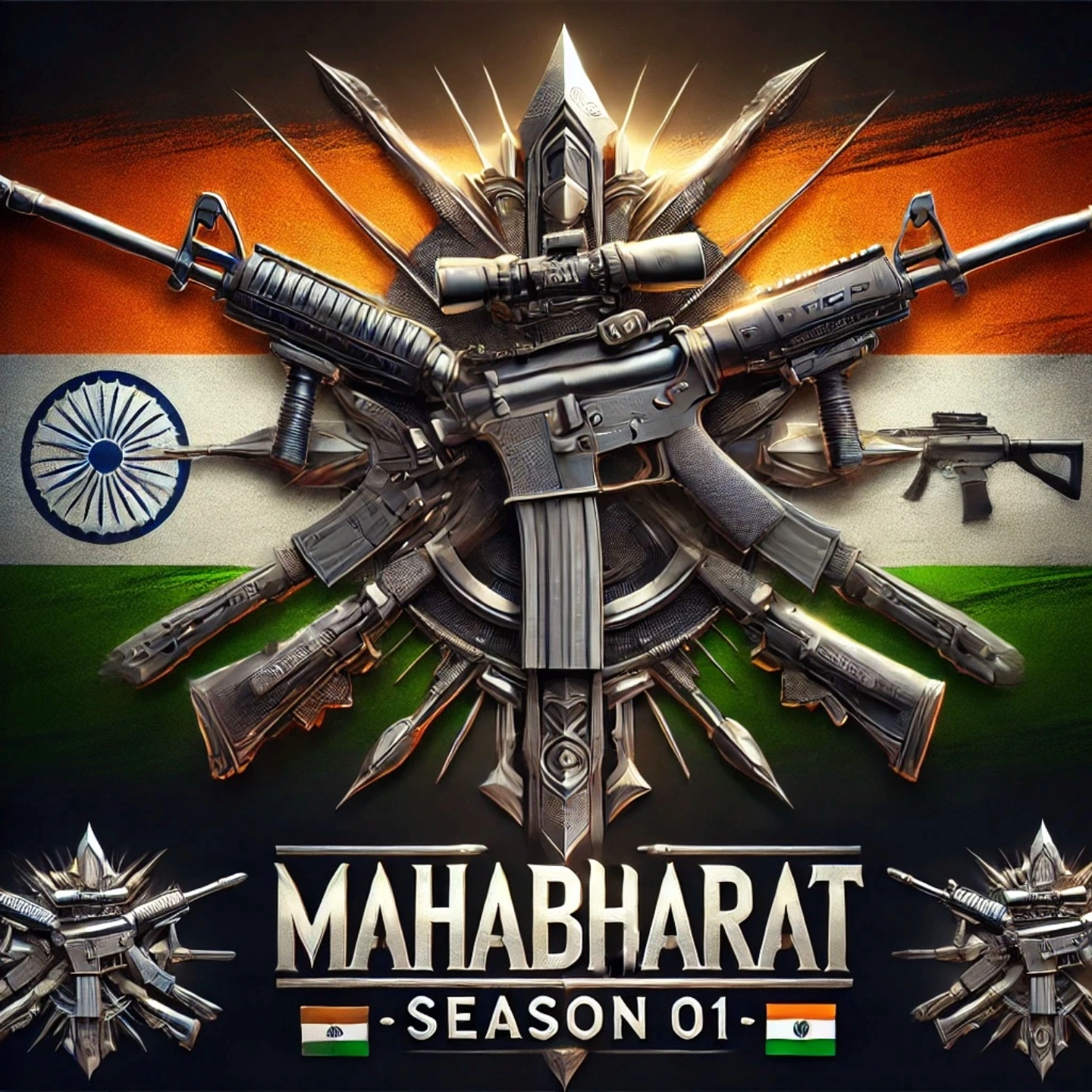

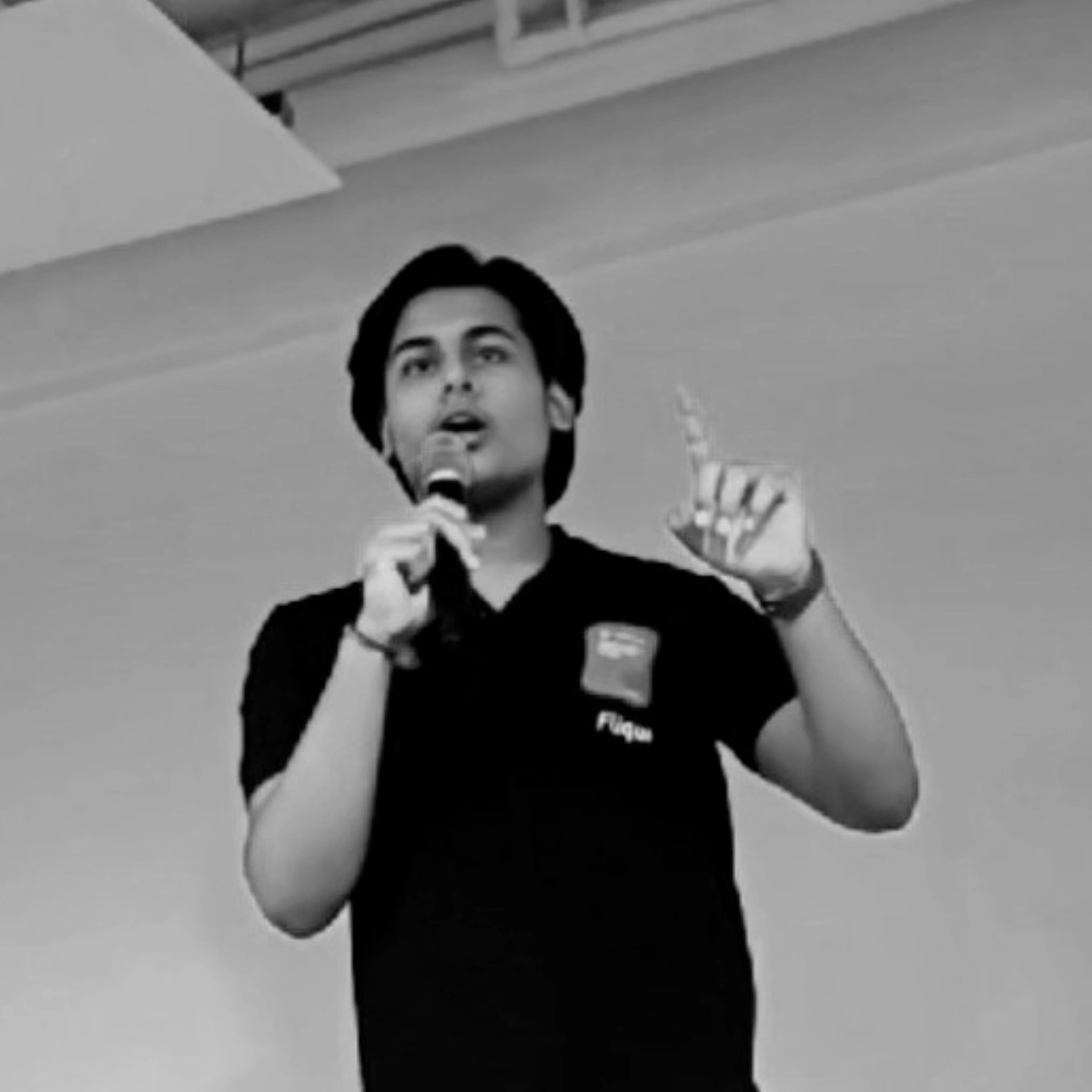





/entrackr/media/post_attachments/wp-content/uploads/2021/08/Accel-1.jpg)

















